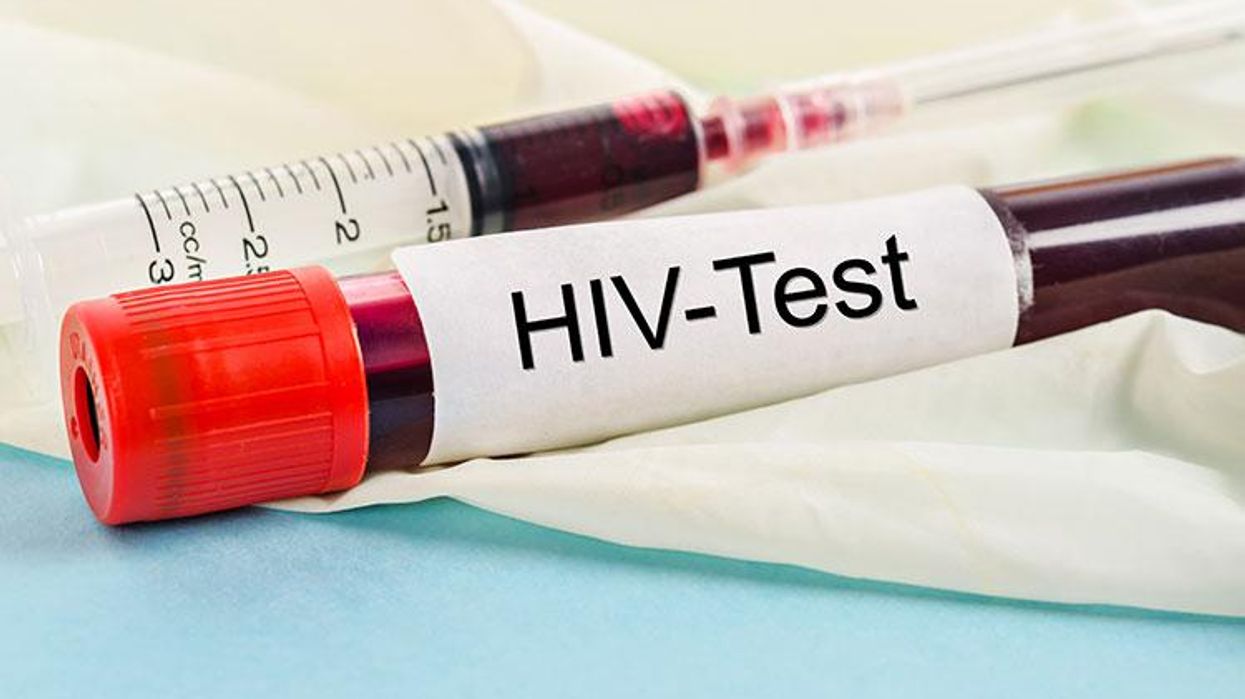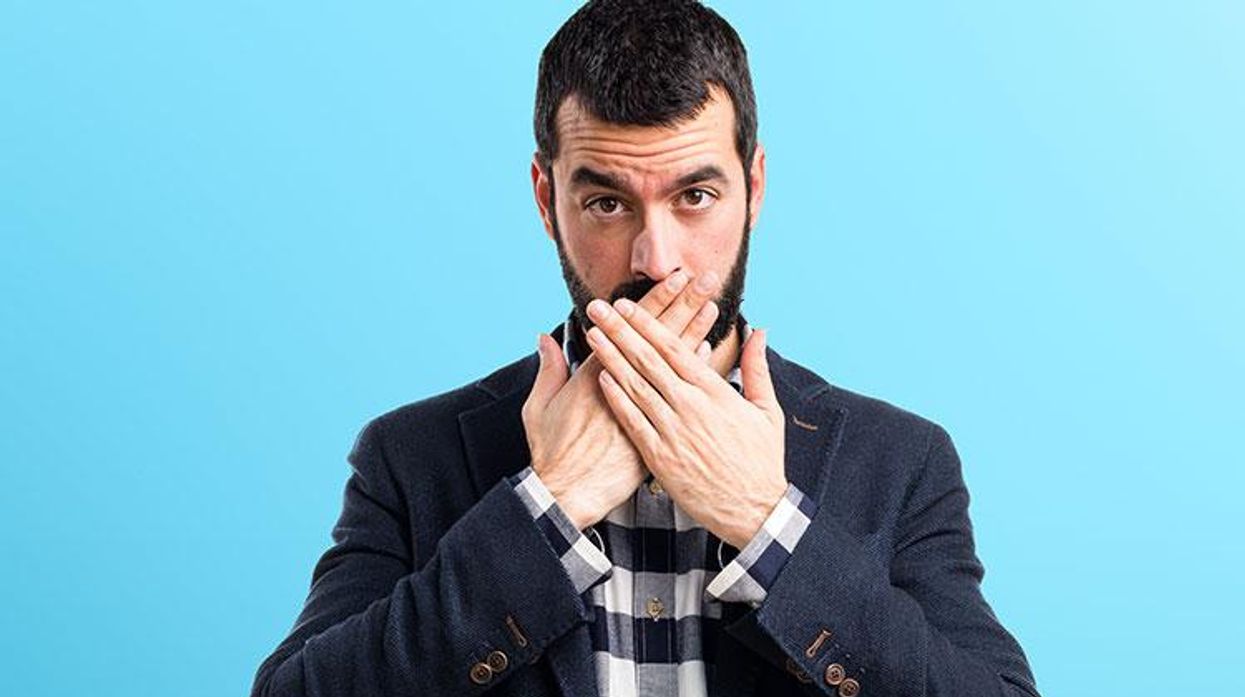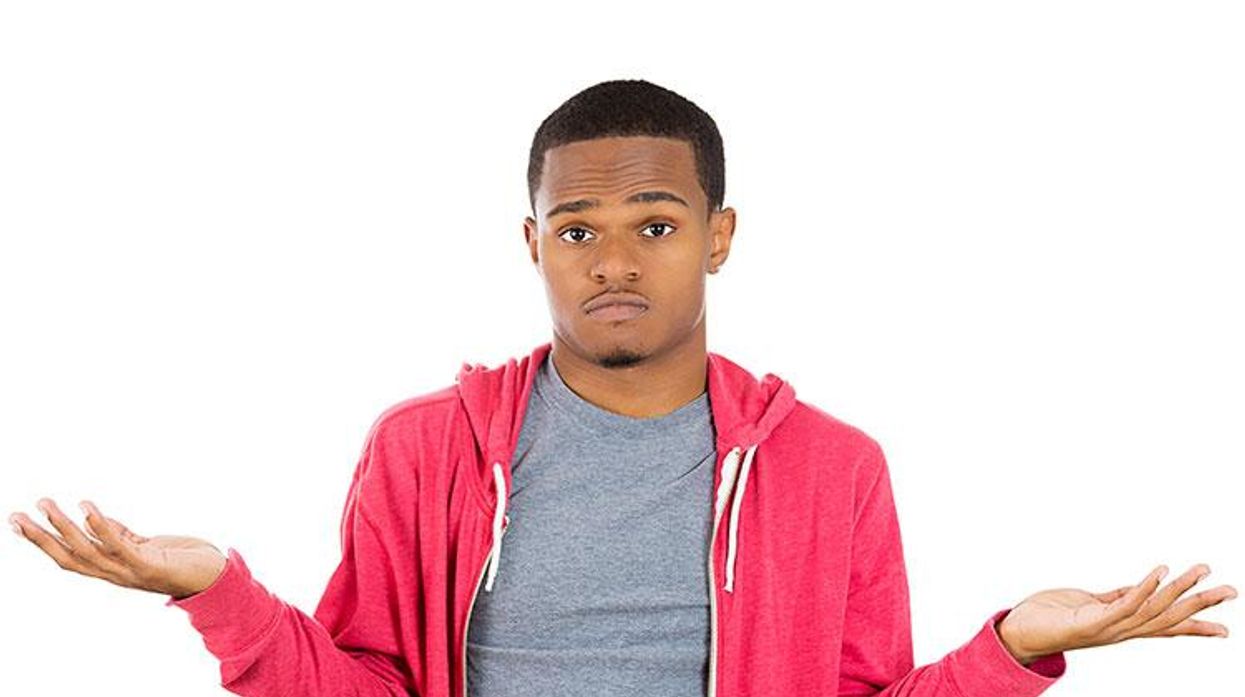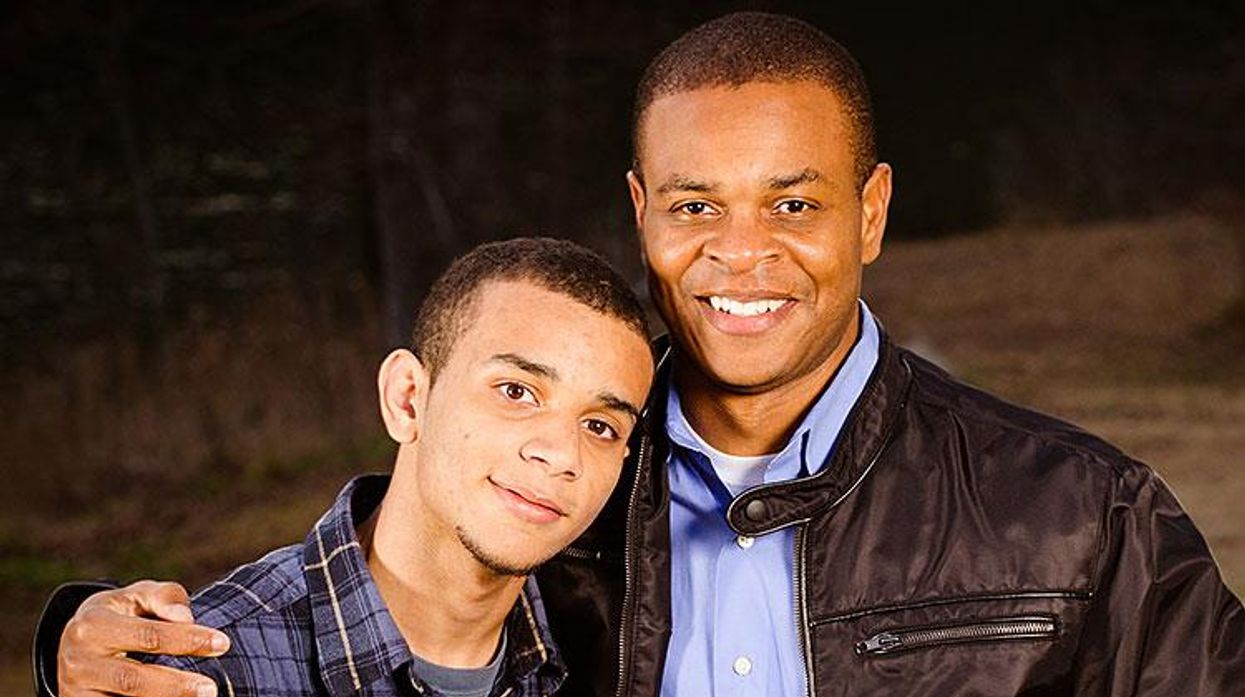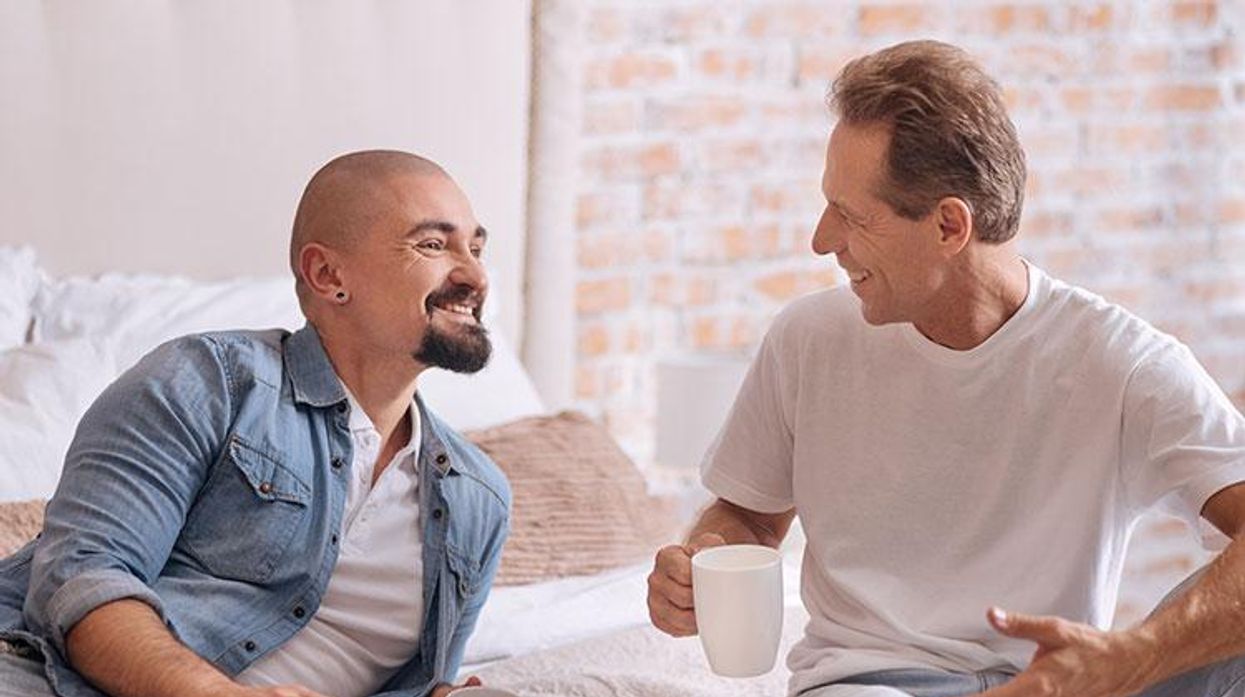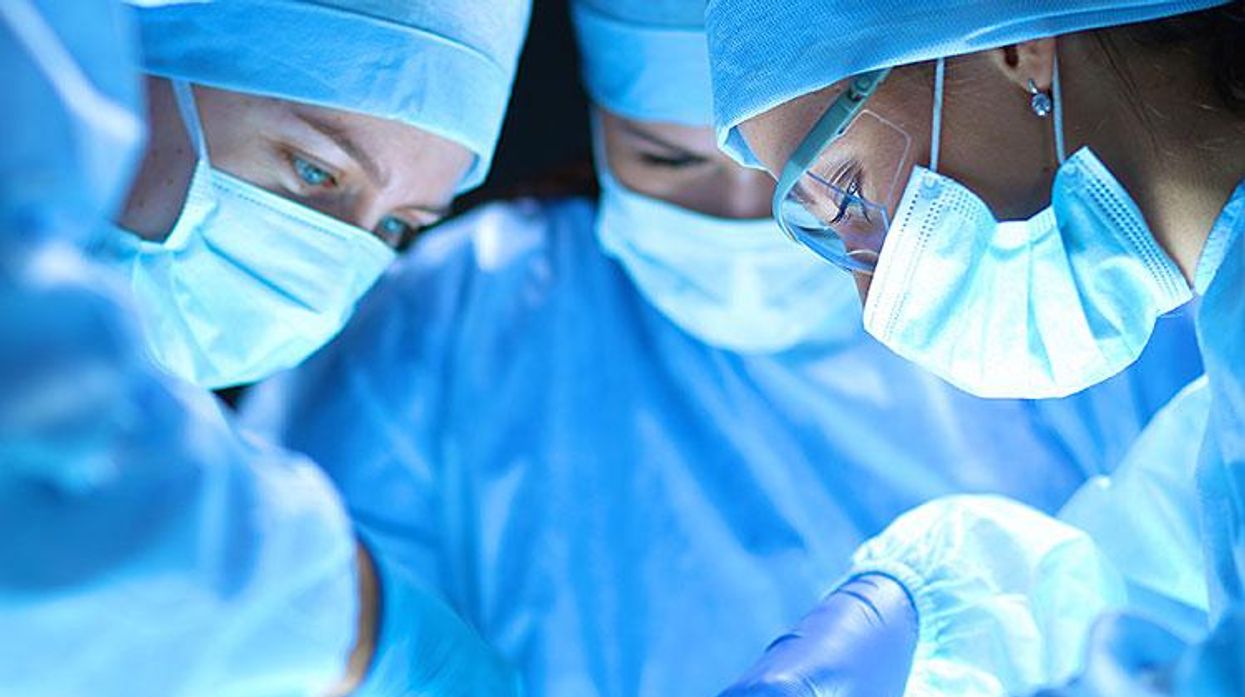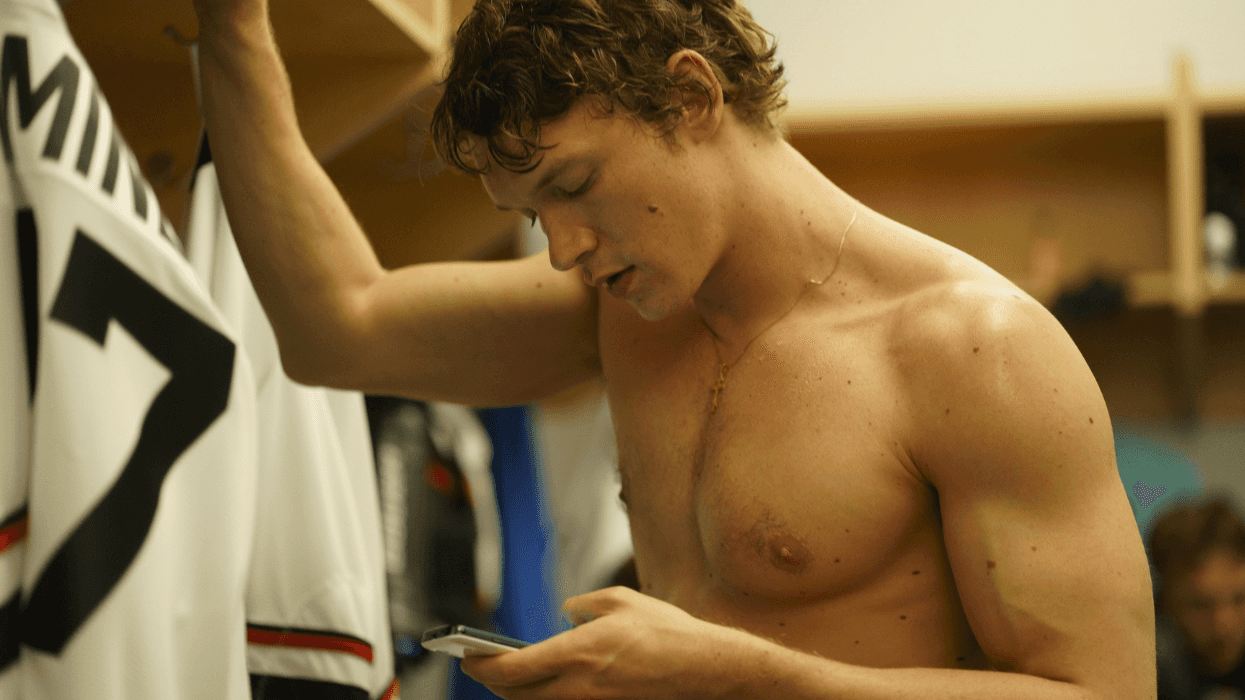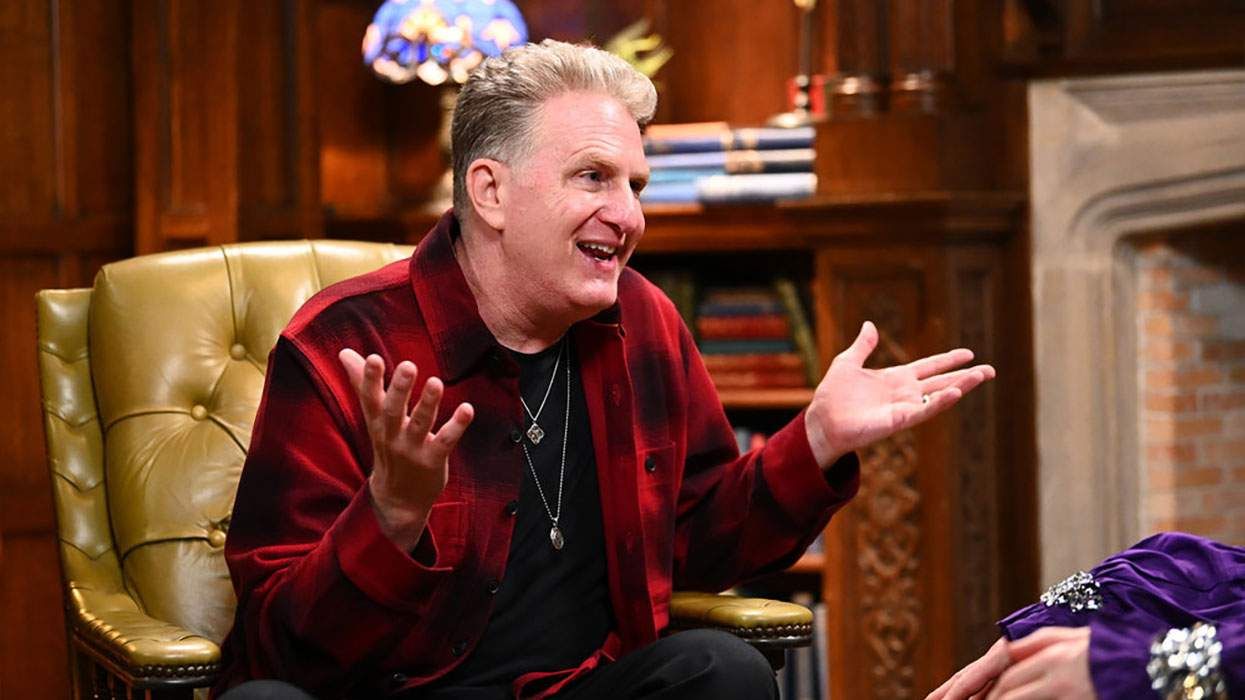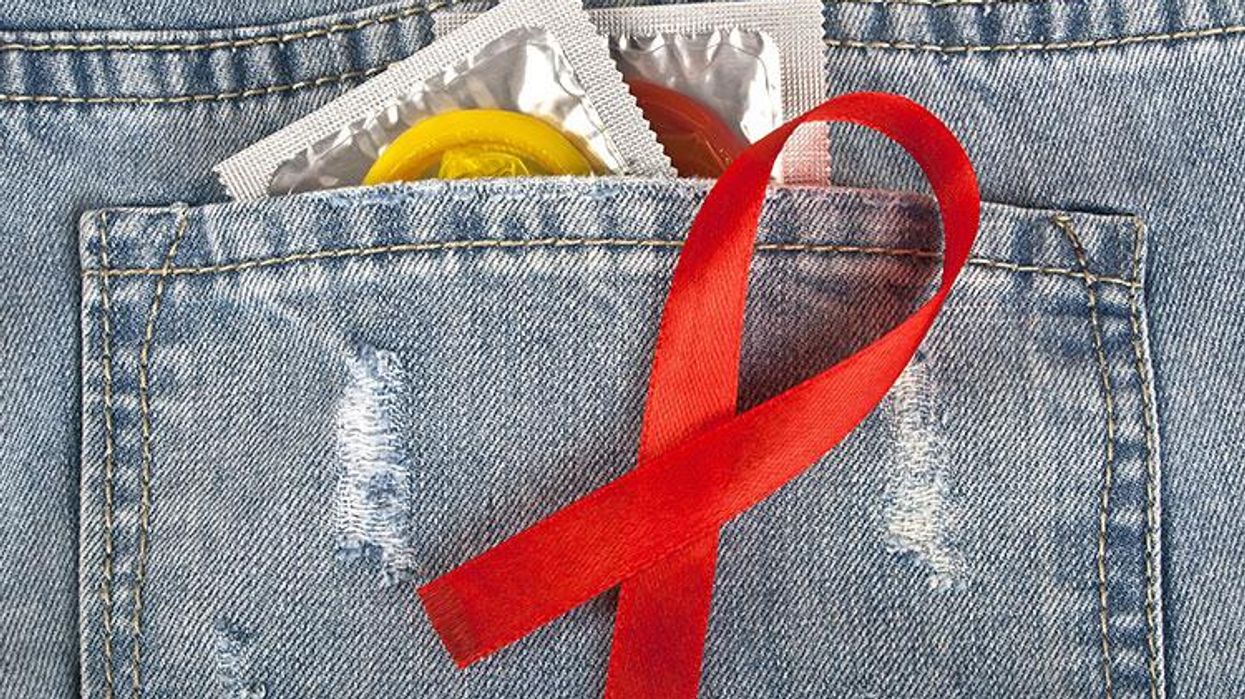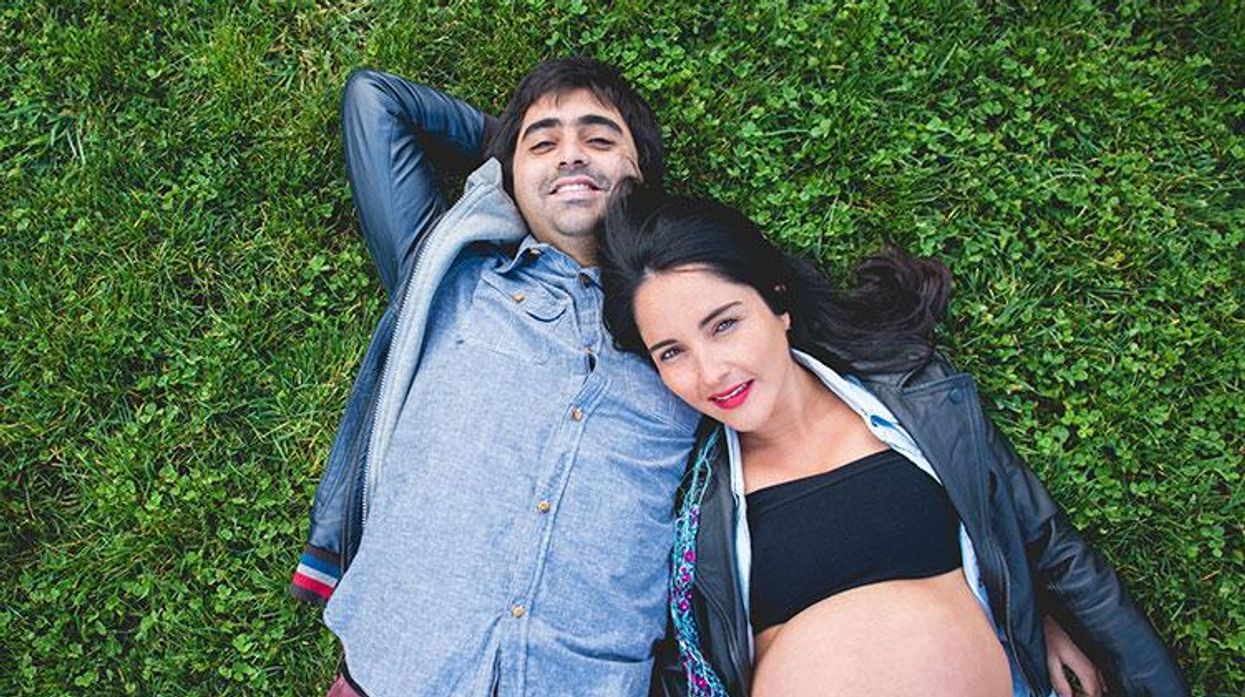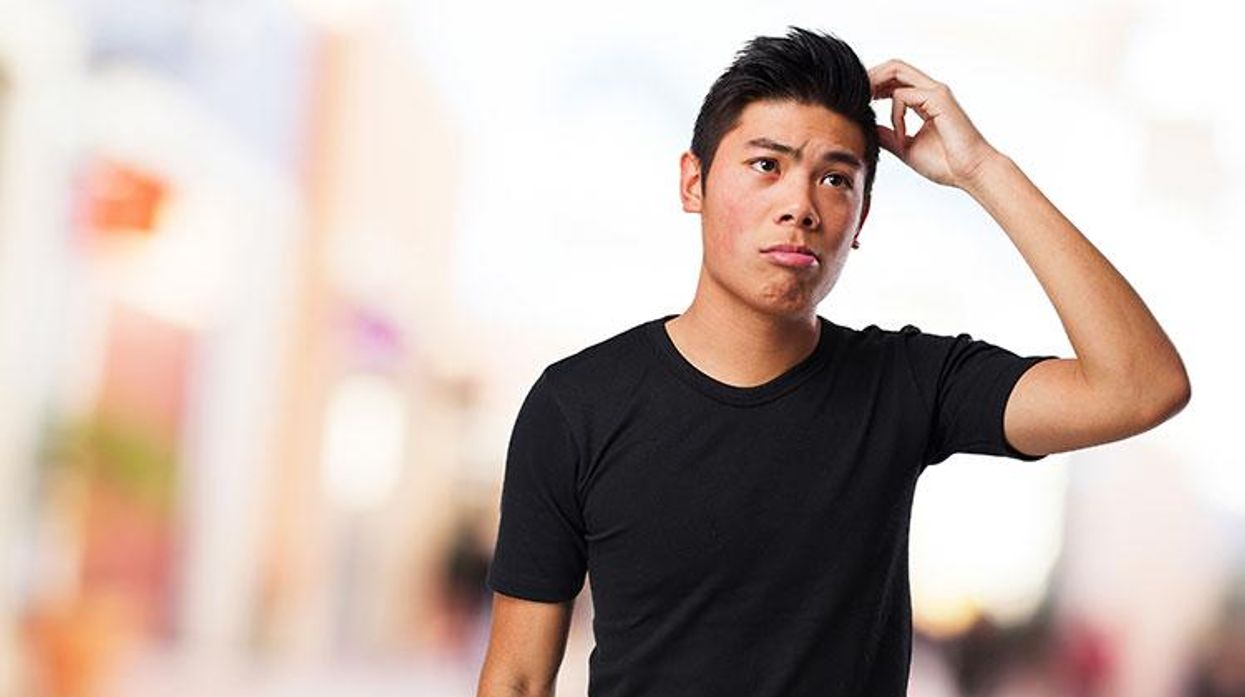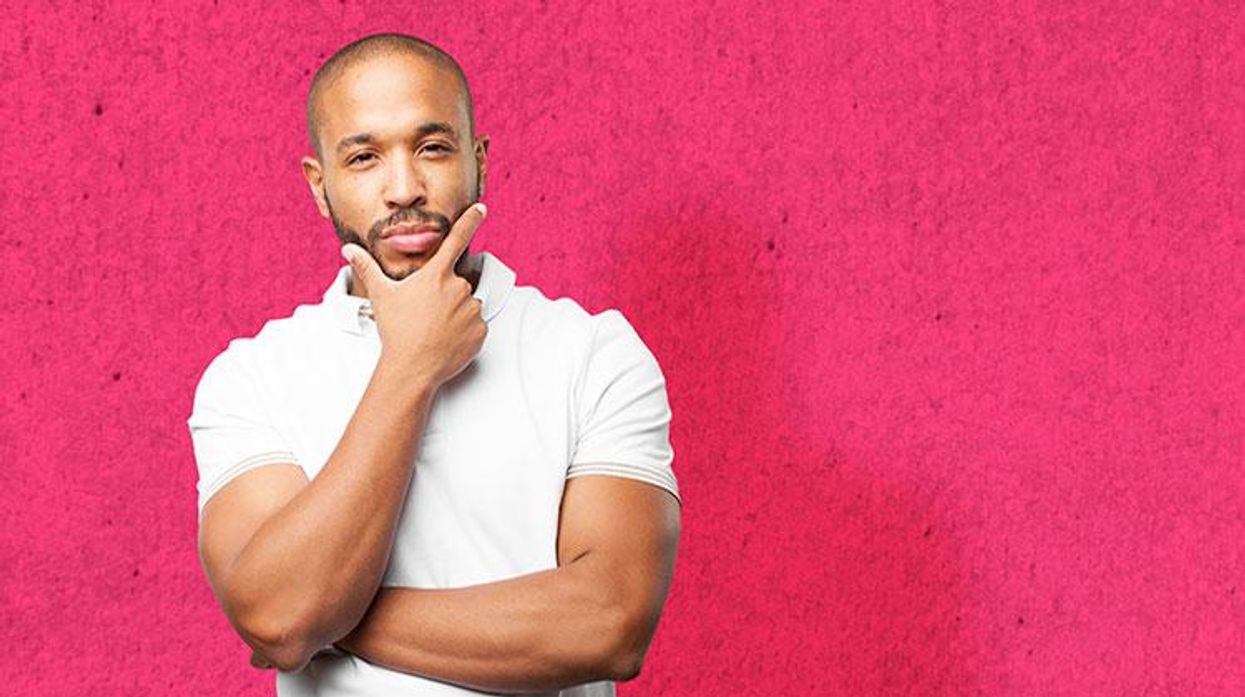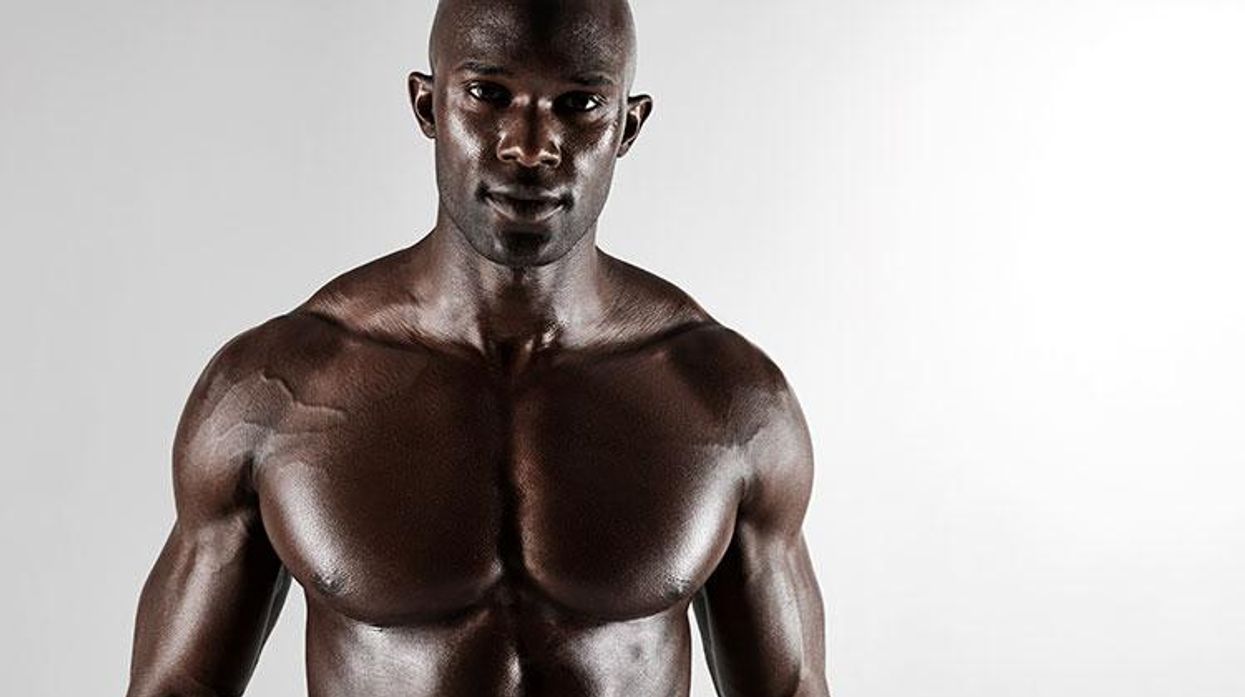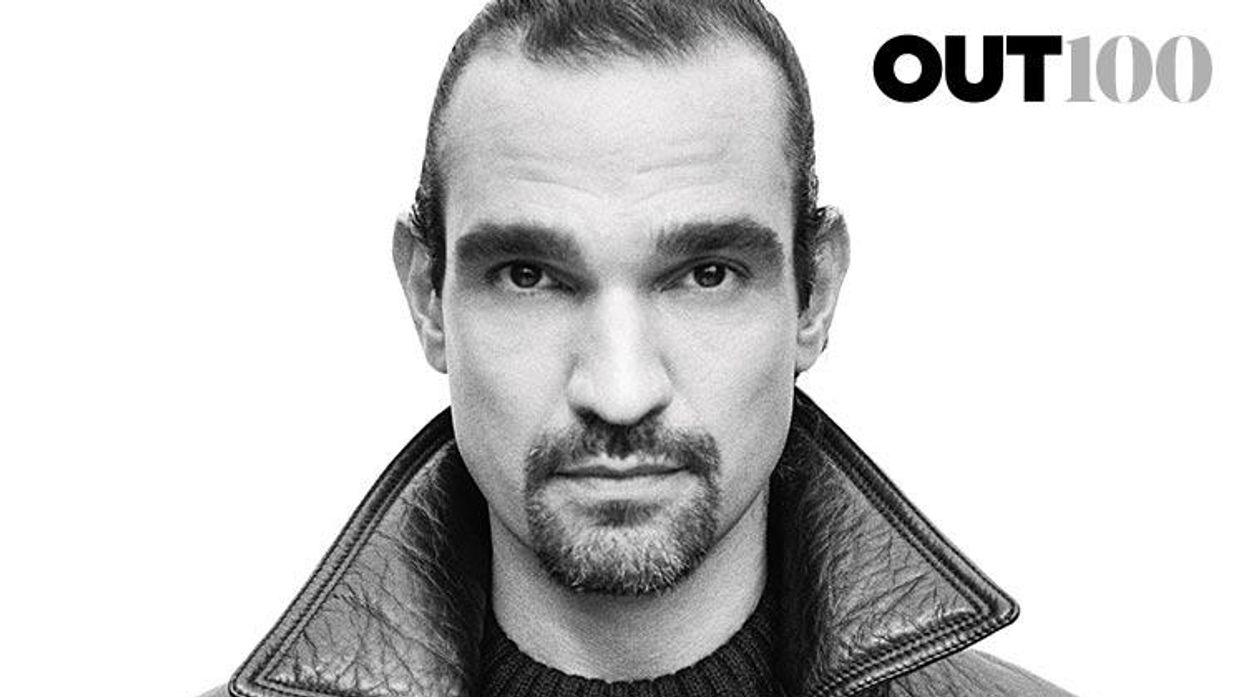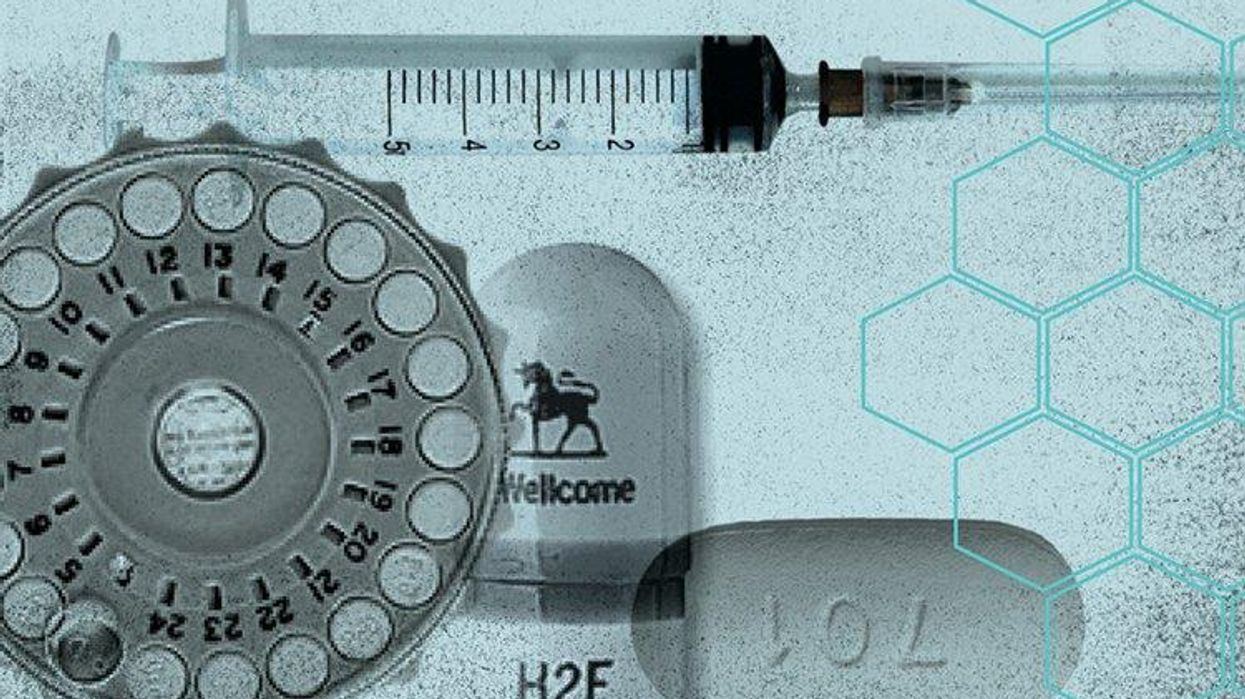When your initial test comes back positive (unless you've done the at-home test) you should be offered a confirmatory test, basically a second test to make sure you're HIV-positive. The likelihood of two false positives is extremely rare. If you took the at-home test, it's a good idea to go to a doctor or clinic to do the second test. Sadly, false-negative test results can happen too, so if you come up positive and your partner comes up negative, be cautious. According to AIDS.gov, the likelihood of a false negative depends on when you might have been exposed to HIV and when you took the test. "It takes time for seroconversion to occur. This is when your body begins to produce the antibodies an HIV test is looking for -- anywhere from two weeks to six months after infection. So if you have an HIV test with a negative result within three months of your last possible exposure to HIV, the CDC recommends that you be retested three months after that first screening test. A negative result is only accurate if you haven't had any risks for HIV infection in the last six months -- and a negative result is only good for past exposure."
HIV 101: Is It Possible I Got a False Positive on My HIV Test?
Everyone has questions when they find out they are positive. In this series of posts, here are several of the most common, plus straightforward answers to help you navigate this new life of yours.
